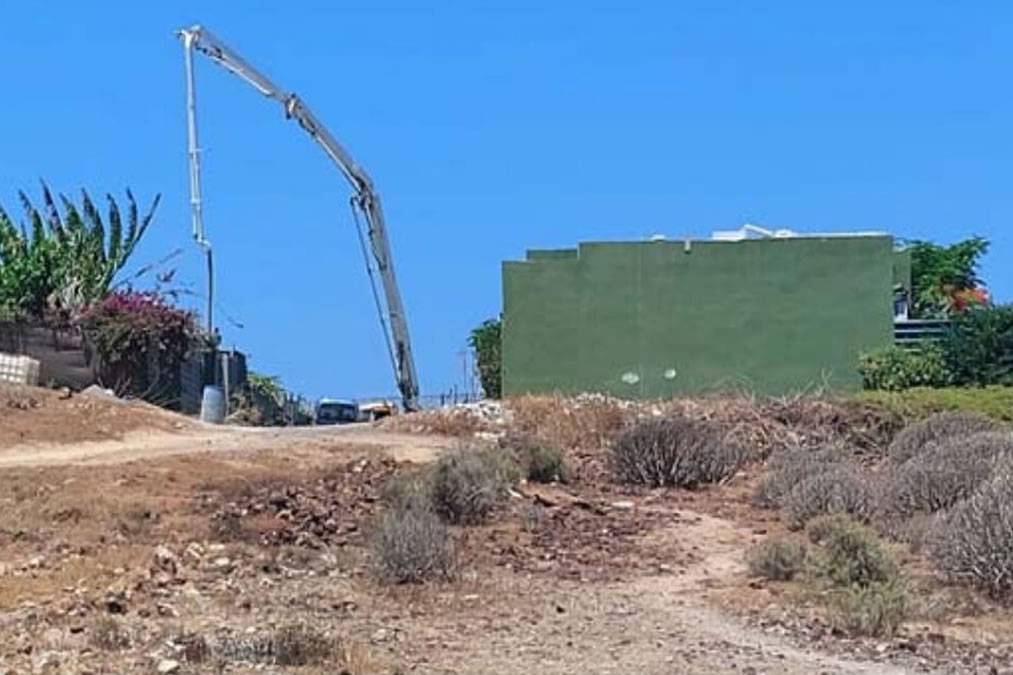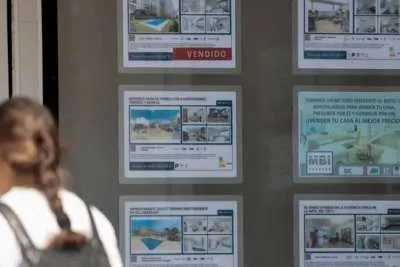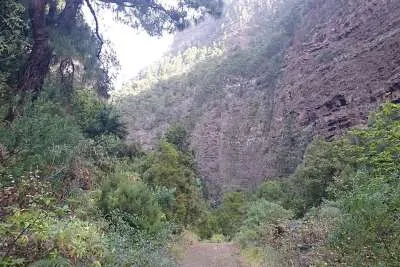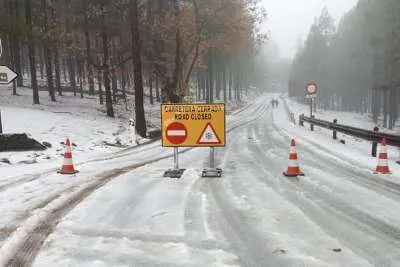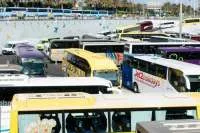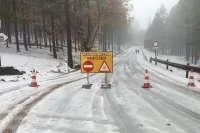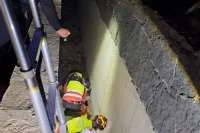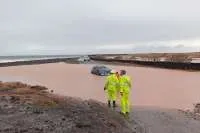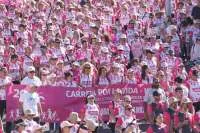Investigation into the illegal sale of plots of land in the south of Tenerife
- 06-07-2023
- Tenerife
- Canarian Weekly
- Photo Credit: El Digital Sur
The Prosecutor's Office is investigating the illegal subdivisions of pieces of land in the south of Tenerife, following a complaint filed by the Canarian Agency for the Protection of the Natural Environment (ACPMN). Online advertisements offer these subplots in the Lomo Negro-El Fraile area of Arona, as land suitable for building on, despite the fact that residential use on them is prohibited by law as they are classified as rustic land for agricultural use only.
A collaboration between the Arona City Council, Seprona, and the ACPMN has allowed action to be taken against these illegal subdivisions in the area. In the last few months, files have been opened, plots have been sealed, and reinstatement orders have been issued to the landowners who have benefited from this activity.
The land owners have been fined up to 150,000 euros each, and the case has been transferred to the Prosecutor's Office to investigate possible urban planning and environmental crimes, according to articles 319 and 325 of the Penal Code. However, these legal actions are not only directed at the sellers but could also be brought against the buyers as well.
The acting councillor of Ecological Transition, José Antonio Valbuena, said that the only beneficiaries of these fraudulent sales are the land owners, who continue to profit by selling rustic land as if it were for residential use.
But buyers can face serious problems too, since they will not be able to obtain licenses to build or install houses on these plots of land. If they ignore this and carry out constructions without the corresponding permits, they will face sanctions for urban infringement and fines of up to 150,000 euros as well, issued by the ACPMN.
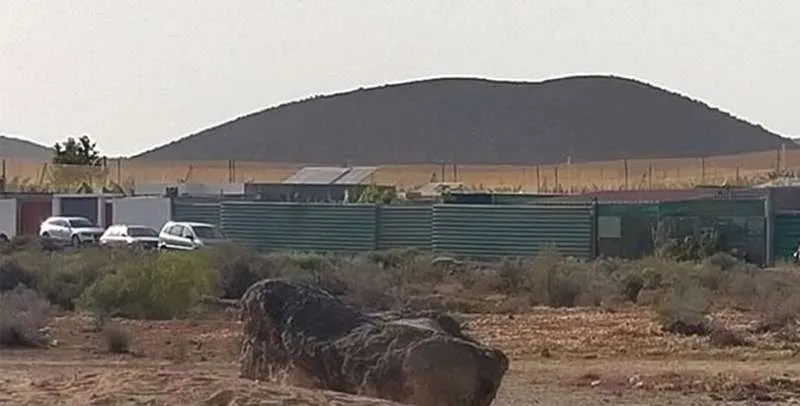
Valbuena also warns that people who build without a license can face criminal legal proceedings and be accused of a crime against territorial planning, which carries penalties of up to four years in prison. In fact, they have already started criminal proceedings against many of the owners who have built on these irregularly segregated parcels without permission.
This land will not be reclassified as urban for at least 20 years, according to the Canary Islands Land Law.
The ACPMN emphasizes that the reclassification of land must be carried out in accordance with the law and through adequate planning. Shortcuts that illegally convert land into developable land cannot be accepted, as this represents an injustice and a comparative disadvantage to those who follow legal procedures.
Other articles that may interest you...
Trending
Most Read Articles

Featured Videos
A Vision of Elvis Tenerife Promo
- 10-05-2025
TEAs 2025 Highlights
- 17-11-2025


